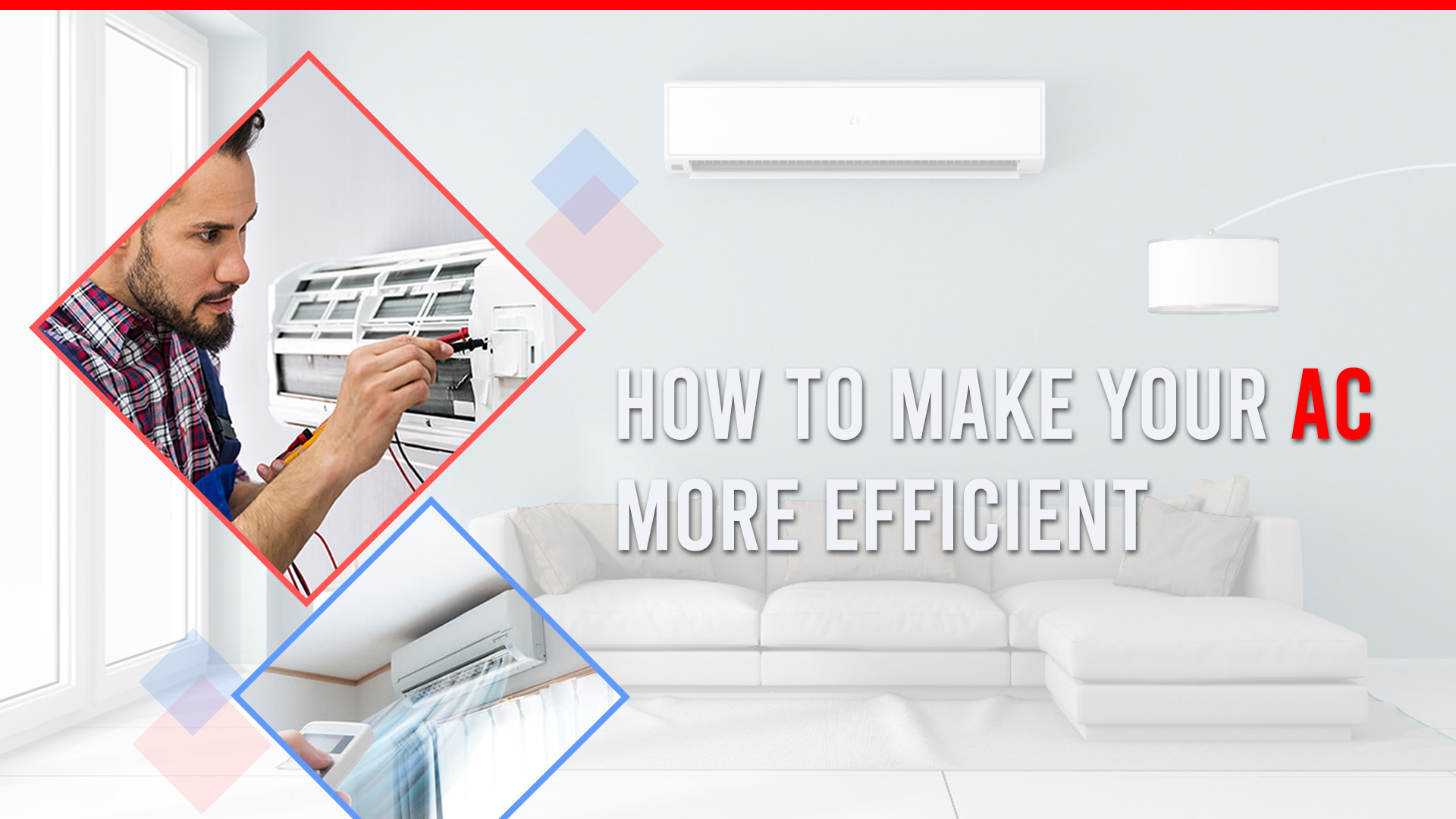Your HVAC system is a critical part of your home. It keeps you and your family comfortable and helps reduce energy costs by ensuring that your air conditioning system is operating at peak efficiency. But, if you don’t properly maintain your HVAC system, it could cut its life in half.
What is Deferred Maintenance?
Deferred maintenance is putting off repairs or replacement of equipment until later. This habit can have disastrous consequences for your HVAC system.
Here is what deferred maintenance does to your HVAC system:
Your HVAC System Works Harder Than Usual
When you put off routine maintenance, your system gets older and more worn down because your HVAC system works harder to do its job. When it works harder than usual, it loses some of its efficiency — and eventually stops working.
When you don’t maintain your HVAC system, you’re allowing dirt and debris to build up inside all of its internal components. This buildup causes corrosion, eventually leading to expensive repairs or even replacement of those components.
Your HVAC System’s Life Expectancy Is Cut in Half
There are many reasons why deferred maintenance on your HVAC system could cut its life in half. Here are some of the most common:
- Dirty filters
- Lack of refrigerant charge
- Dirty condenser coils
- Inefficient airflow through ductwork
- Poorly maintained ducts and registers (air leaks)
- Dirty evaporator coil
When you defer maintenance on your HVAC system, it causes the system to become damaged and break down more quickly than if it were maintained properly.
Higher Repair Costs
In addition, deferred maintenance leads to higher repair costs because the longer you wait to fix problems with your HVAC system, the more likely they are to become more complicated and expensive to fix.
When your system is serviced, technicians inspect the entire unit and ensure it is working properly. They’ll also perform any necessary repairs or replacements immediately so that you don’t have to deal with any expensive repairs in the future.

How Often Should You Have Your HVAC System Maintenance?
HVAC systems are complex, and it is vital to have them maintained once a year to ensure that everything is running smoothly and efficiently. If you live in an area with extreme weather conditions — such as humidity or cold air — you may need to have your HVAC system maintained twice a year.
It is crucial that you have your HVAC system serviced by a professional technician who understands how this type of equipment works and what steps should be taken to keep it running properly.
Professional HVAC technicians can identify any issues that are developing before they become serious problems and help prevent further HVAC complications in the future.
Why Schedule Regular HVAC Maintenance
Whether you have a standard furnace or central AC, there are many good reasons to keep up with your system’s maintenance schedule.
If you want to ensure that your HVAC system lasts for years, then you need to perform regular preventive maintenance. Here are five reasons why HVAC preventative maintenance is essential:
- Prevents breakdowns
- Ensures good indoor air quality
- Increase the life of your system
- Runs more efficiently, saving you money on energy bills
- Know when something needs fixing before it causes failure to your HVAC system

When Should You Service Your HVAC System?
The best time to service your HVAC unit is before you need it the most — during the fall and spring seasons. Maintenance during the fall season ensures that your HVAC system is ready for winter, while maintenance during the spring season ensures your unit will work effectively in summer. Still, some parts, such as air filters, require shorter maintenance intervals. How can you tell if your HVAC system needs maintenance?
Uncomfortable Temperatures
When your system is not cooling or heating your home as it should, it is a sign that your system is faulty, and you should have a qualified HVAC technician check it.
Higher Energy Bills
Your utility bills should remain constant under normal circumstances, and an unusual spike in your utility bills could signify that you have a faulty HVAC unit that needs maintenance.
Odor From Your HVAC Unit
A pungent or mildewy smell from your HVAC system could mean that your unit is faulty and needs the immediate attention of your HVAC technician. A mildewy smell indicates your system has mold, while a pungent, electrical smell could indicate a problem with your electrical connections.
Your HVAC Unit Is Old
If your HVAC system is older than ten years, it will need frequent repairs. You may notice that the parts fail more often, and you may need to replace your HVAC unit.

Conclusion
It’s important not to defer maintenance on your HVAC system so that you can keep it working to its optimal best. Have your unit serviced at least once per year by a professional technician who understands how your HVAC system works and what steps should be taken to keep it running properly. Lack of maintenance causes dirt and debris to build up inside its internal components causing corrosion, which eventually leads to expensive repairs or even the replacement of those components.
Make plans to have your unit checked every year to avoid uncomfortable temperatures. If you are unsure of when to perform the routine checks, do not worry. Anthem is here to help with all your heating and cooling needs. Our company also specializes in repairing, installing, and maintaining plumbing systems, heating systems, air conditioning, and air quality services.


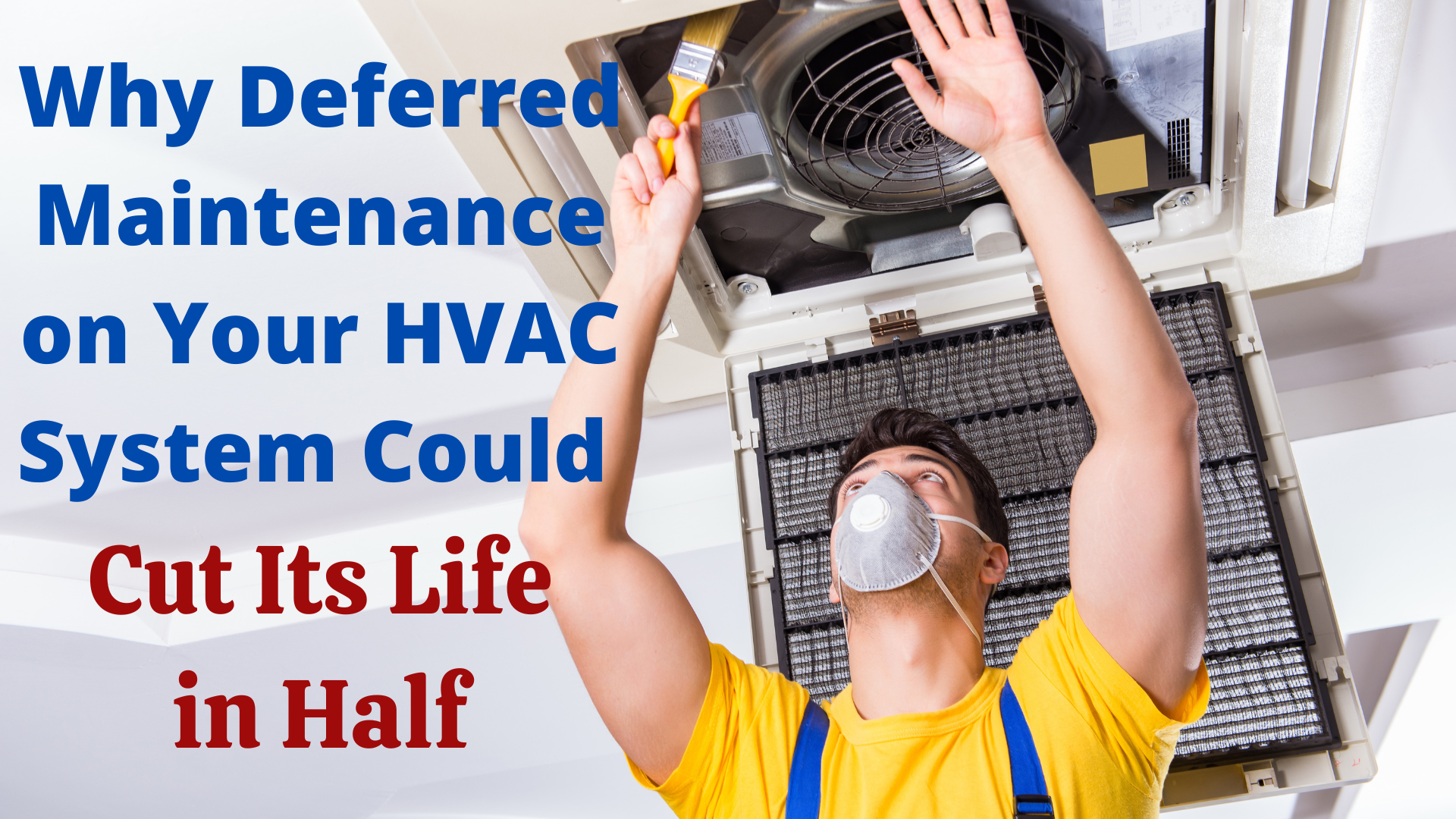




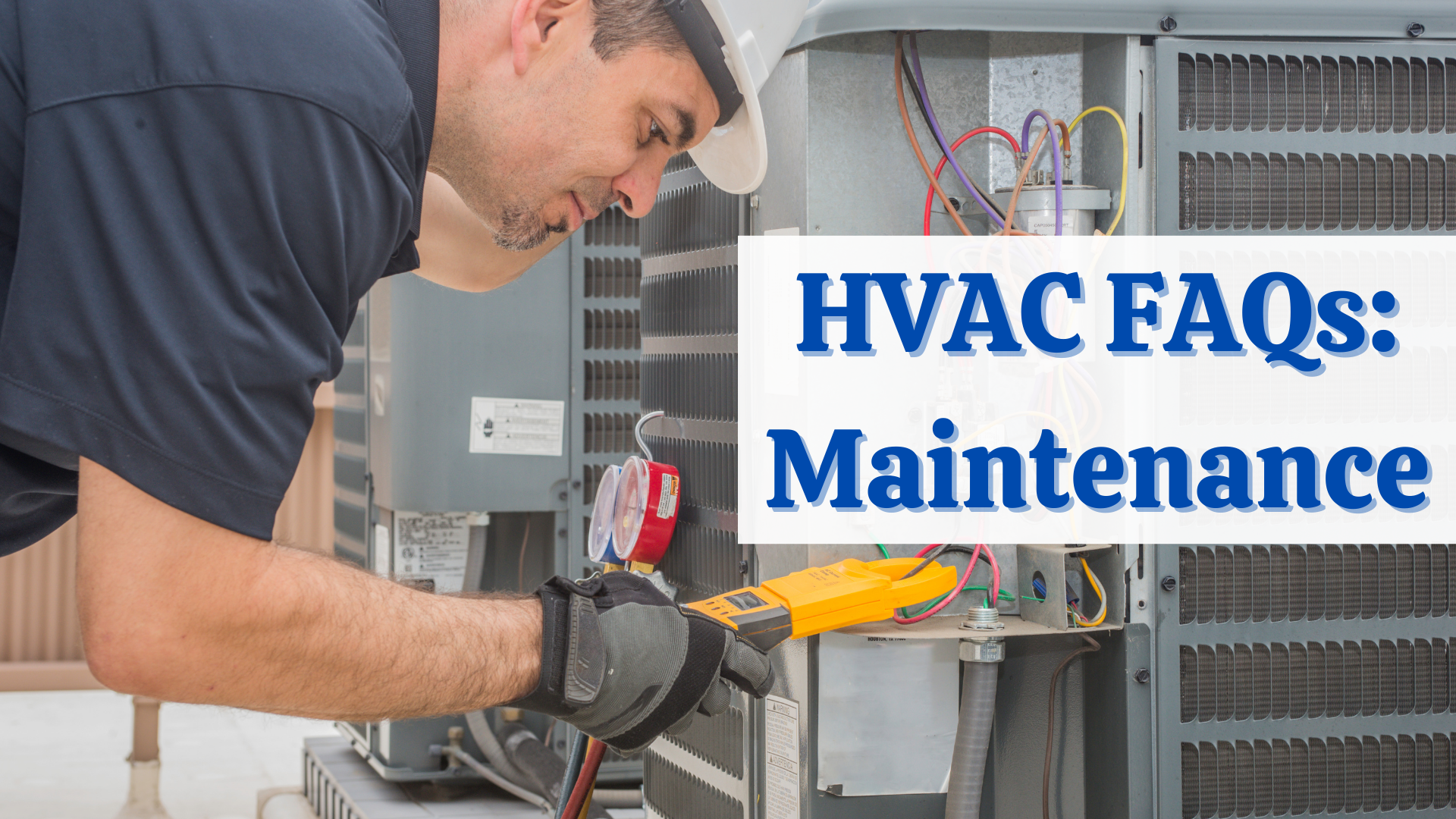



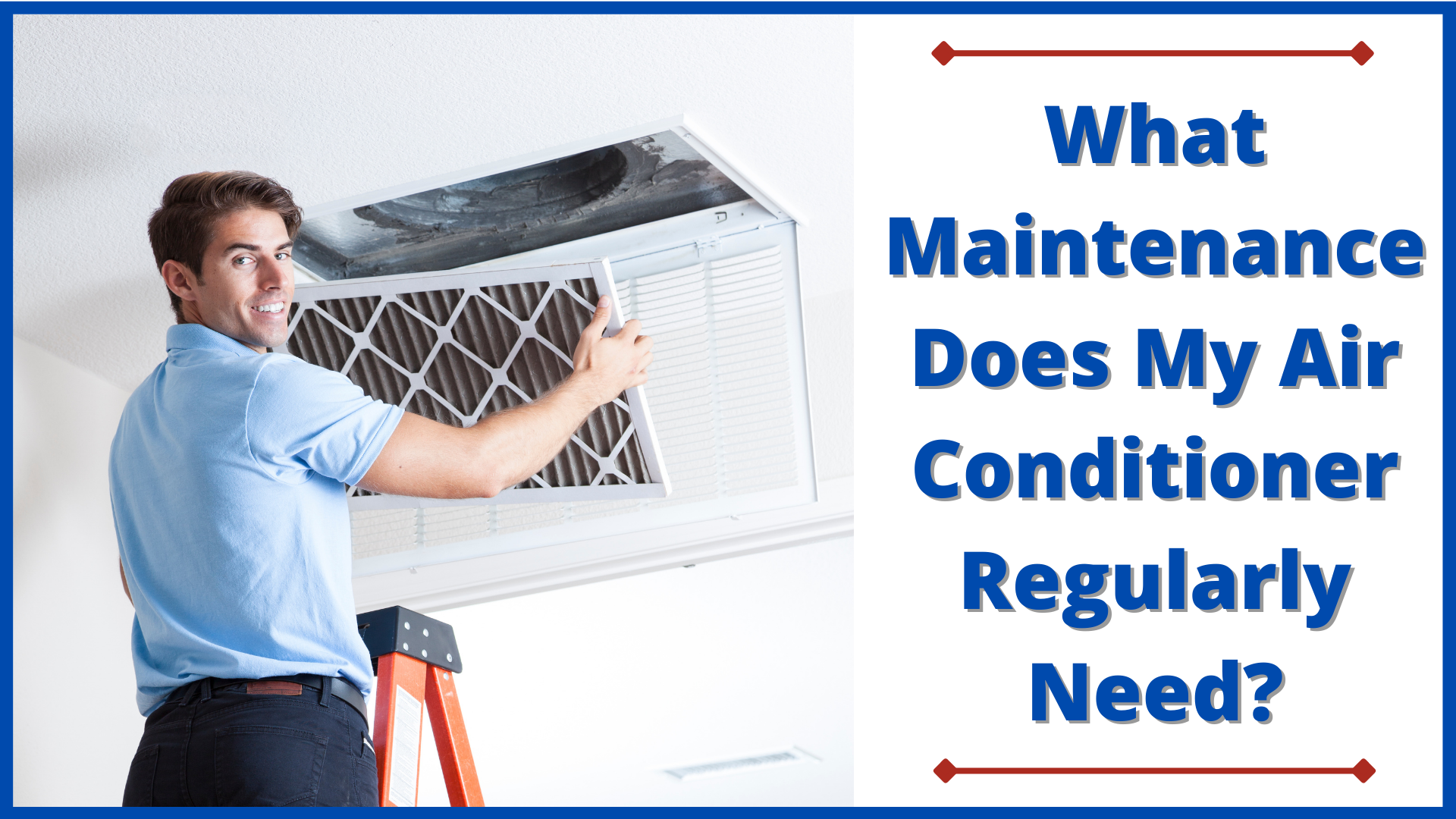


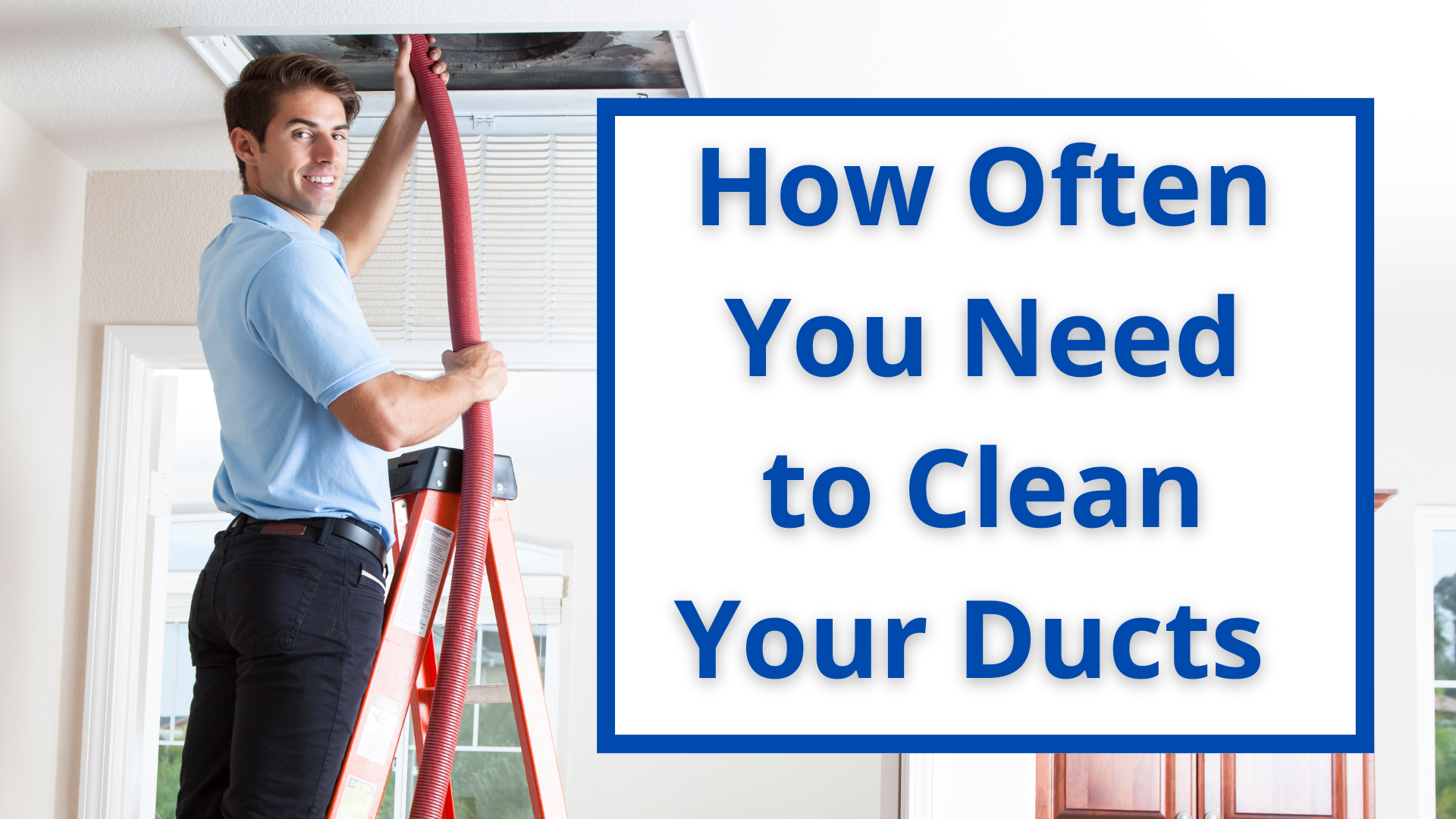


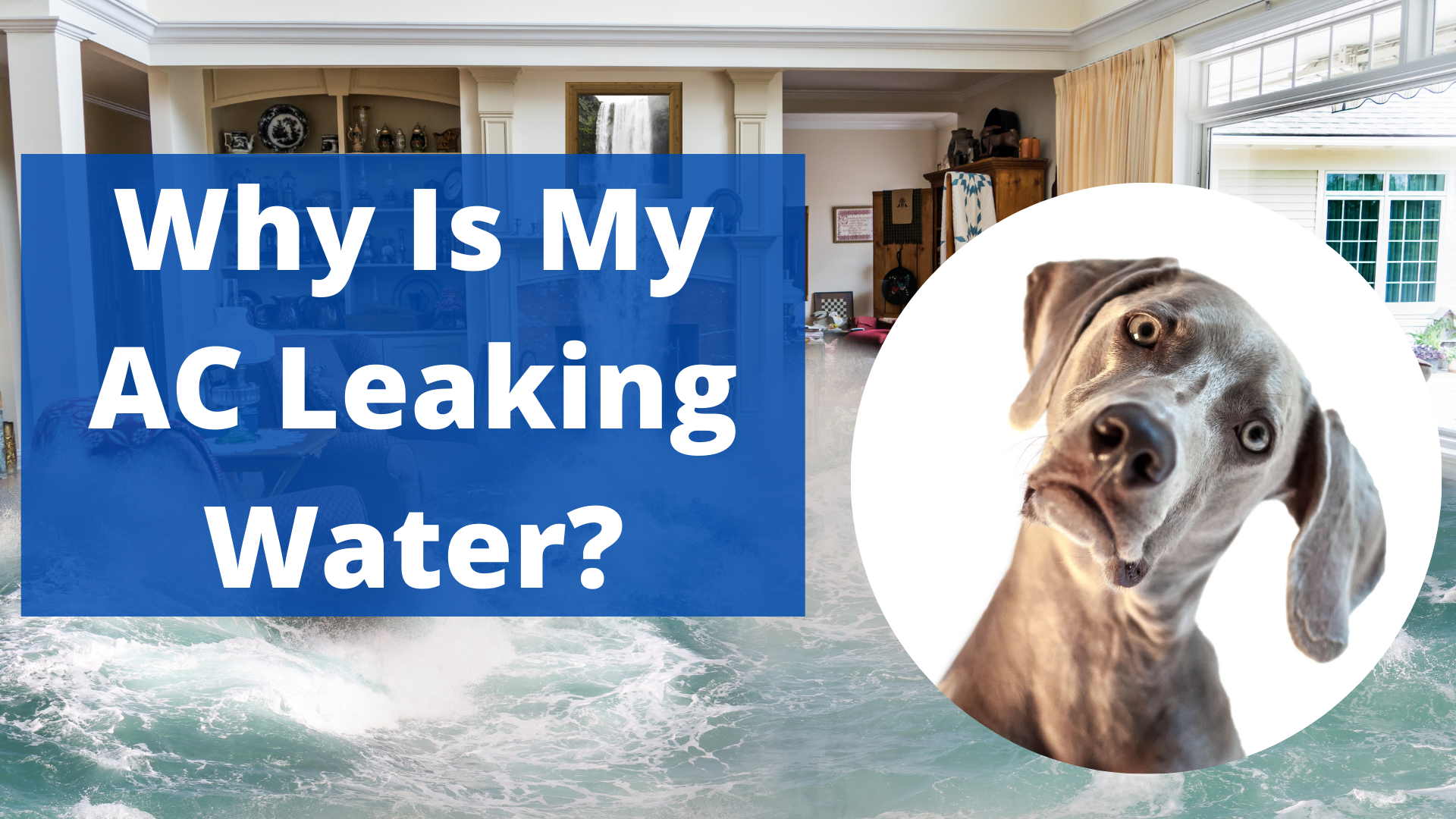

 Key Takeaway: A refrigerant leak, a clogged air filter, or an issue with the drain pan can all be the causes of water leaking from your AC unit. Low refrigerant levels may also result in ice forming on the compressor and dripping onto surfaces beneath it. An HVAC professional should be contacted to inspect and repair any potential issues before they become more serious problems later on.
Key Takeaway: A refrigerant leak, a clogged air filter, or an issue with the drain pan can all be the causes of water leaking from your AC unit. Low refrigerant levels may also result in ice forming on the compressor and dripping onto surfaces beneath it. An HVAC professional should be contacted to inspect and repair any potential issues before they become more serious problems later on.



